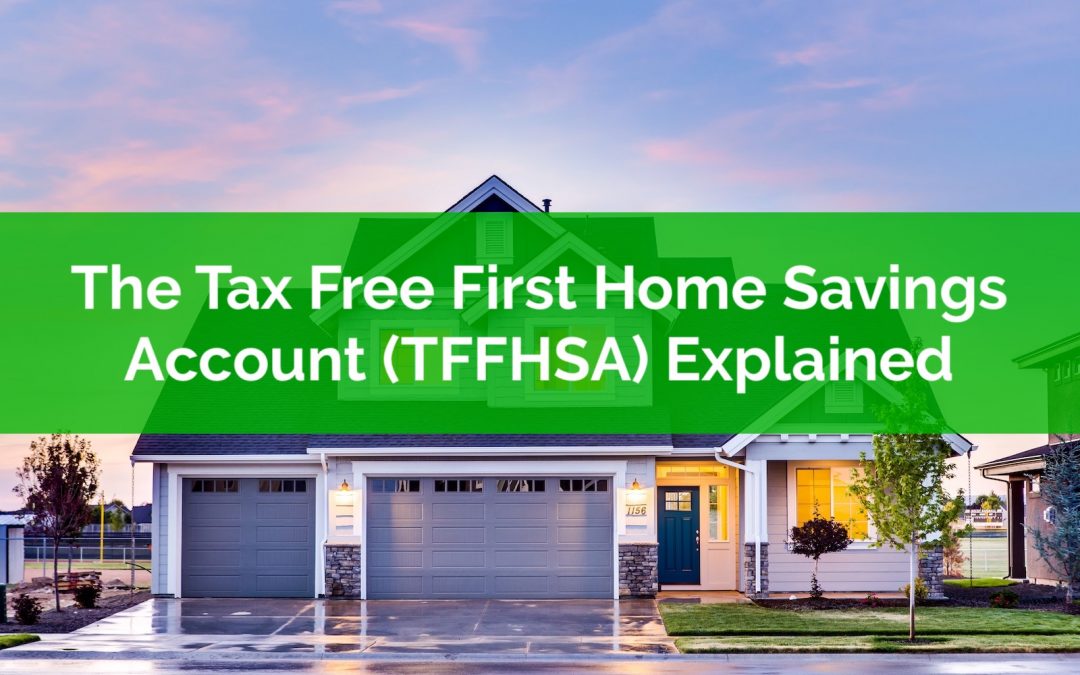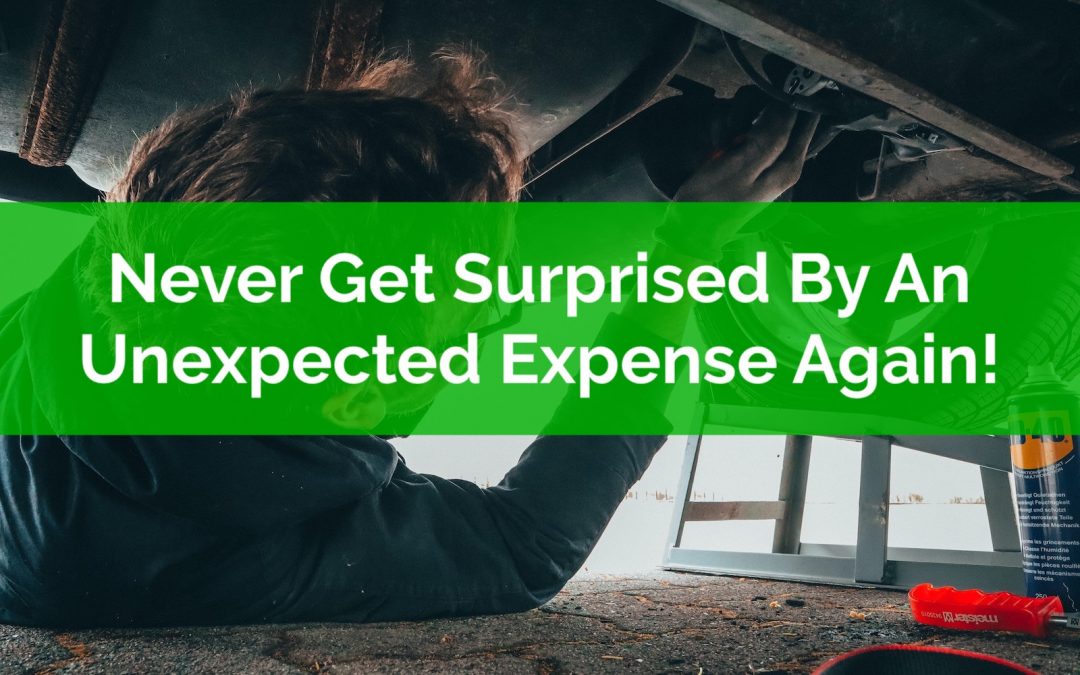“Welcome to the PlanEasy blog! We make personal finance easy.
Thanks for visiting.”
– Owen

9 Important Considerations When Selling Your Home In Retirement
The largest financial transaction you will ever make is selling your home in retirement. Selling your home in retirement comes with a number of important considerations.
In this blog post we’re going to touch on 9 important things to consider when selling your home in retirement.
Selling a home in retirement can be a core part of many retirement plans. A sale usually takes one of three forms…
– Sell and rent
– Sell and downsize
– Sell when entering long-term care
Often the plan is to hold the home throughout retirement, but it can still be used as a “fall back” asset if necessary. Even if there was never a plan to sell the home, it can still be used to help fund long-term care costs in late retirement.
Each situation above has its unique circumstances but, in all cases, there is a major transaction taking place. So, before you put up the ‘for sale’ sign in retirement there are a few important considerations to highlight.

The NEW First Home Savings Account (FHSA) Explained
There is a new tax advantaged account in Canada, the First Home Savings Account! Along with the TFSA and RRSP, the new First Home Savings Account (FHSA) is another great way to reach your financial goals in a very tax efficient way. The account provides a significant advantage to those planning to purchase their first home and creates a new option for parents who are thinking about helping their children with a future home purchase.
The new First Home Savings Account (FHSA) does add a little bit of complexity to an already complex landscape of tax planning options, however like the TFSA and RRSP, if used properly it can help accelerate progress towards financial goals like purchasing a home and planning for retirement.
When saving and investing for future goals you can now choose between TFSA, RRSP, and the new FHSA, and for families with small children, there is the RESP too.
The new First Home Savings Account is very new, so in this post we’re going to explore how this account works, the eligibility criteria, the contribution and withdrawal rules, some things to possibly watch out for, and some strategic options when using it within your financial plan.

Never Get Surprised By An Unexpected Expense Again!
Some surprises are great… but one surprise no one likes is an unexpected expense. An unexpected expense can wreak havoc on your personal finances. Unfortunately, unexpected expenses are extremely common, especially for those who own homes and vehicles.
For those of us who own large depreciating assets like vehicles, homes, boats, RVs etc., planning for unexpected expenses is an important financial habit. We need to prepare for future repairs and upgrades, even if they’re not entirely predictable.
At PlanEasy we call these types of expenses “infrequent expenses”. Unlike your regular monthly bills, infrequent expenses are not regular and are much less predictable. It’s hard to predict both the size and timing of infrequent expenses but they are still expenses that we need to prepare for.
If you own a depreciating asset like a home or vehicle then you can be guaranteed to have some large expenses in the future. To prepare for these expenses you need to set aside a certain amount of money each month, otherwise you’ll feel a nasty cash flow pinch in the future, or in a worst-case scenario, end up in debt. For those with a large home and 1-2 vehicles, setting aside $500 to $1,000+ per month is a pretty common goal. How much are you setting aside for infrequent expenses? Is it enough?
To manage these infrequent expenses, we can use a “fund” or “funds”. A fund is a small pot of money that you contribute to regularly. It’s set aside in a high-interest savings account and waits there ready to help when these types of expenses occur. We don’t like to think of this as savings, and its not an emergency fund, this is future spending that just hasn’t quite happened yet.

Owen Winkelmolen
Advice-only financial planner, CFP, and founder of PlanEasy.ca
“Welcome to the PlanEasy blog! We make personal finance easy.
Thanks for visiting.”
– Owen
New blog posts weekly!
Tax planning, benefit optimization, budgeting, family planning, retirement planning and more...

9 Important Considerations When Selling Your Home In Retirement
The largest financial transaction you will ever make is selling your home in retirement. Selling your home in retirement comes with a number of important considerations.
In this blog post we’re going to touch on 9 important things to consider when selling your home in retirement.
Selling a home in retirement can be a core part of many retirement plans. A sale usually takes one of three forms…
– Sell and rent
– Sell and downsize
– Sell when entering long-term care
Often the plan is to hold the home throughout retirement, but it can still be used as a “fall back” asset if necessary. Even if there was never a plan to sell the home, it can still be used to help fund long-term care costs in late retirement.
Each situation above has its unique circumstances but, in all cases, there is a major transaction taking place. So, before you put up the ‘for sale’ sign in retirement there are a few important considerations to highlight.

The NEW First Home Savings Account (FHSA) Explained
There is a new tax advantaged account in Canada, the First Home Savings Account! Along with the TFSA and RRSP, the new First Home Savings Account (FHSA) is another great way to reach your financial goals in a very tax efficient way. The account provides a significant advantage to those planning to purchase their first home and creates a new option for parents who are thinking about helping their children with a future home purchase.
The new First Home Savings Account (FHSA) does add a little bit of complexity to an already complex landscape of tax planning options, however like the TFSA and RRSP, if used properly it can help accelerate progress towards financial goals like purchasing a home and planning for retirement.
When saving and investing for future goals you can now choose between TFSA, RRSP, and the new FHSA, and for families with small children, there is the RESP too.
The new First Home Savings Account is very new, so in this post we’re going to explore how this account works, the eligibility criteria, the contribution and withdrawal rules, some things to possibly watch out for, and some strategic options when using it within your financial plan.

Never Get Surprised By An Unexpected Expense Again!
Some surprises are great… but one surprise no one likes is an unexpected expense. An unexpected expense can wreak havoc on your personal finances. Unfortunately, unexpected expenses are extremely common, especially for those who own homes and vehicles.
For those of us who own large depreciating assets like vehicles, homes, boats, RVs etc., planning for unexpected expenses is an important financial habit. We need to prepare for future repairs and upgrades, even if they’re not entirely predictable.
At PlanEasy we call these types of expenses “infrequent expenses”. Unlike your regular monthly bills, infrequent expenses are not regular and are much less predictable. It’s hard to predict both the size and timing of infrequent expenses but they are still expenses that we need to prepare for.
If you own a depreciating asset like a home or vehicle then you can be guaranteed to have some large expenses in the future. To prepare for these expenses you need to set aside a certain amount of money each month, otherwise you’ll feel a nasty cash flow pinch in the future, or in a worst-case scenario, end up in debt. For those with a large home and 1-2 vehicles, setting aside $500 to $1,000+ per month is a pretty common goal. How much are you setting aside for infrequent expenses? Is it enough?
To manage these infrequent expenses, we can use a “fund” or “funds”. A fund is a small pot of money that you contribute to regularly. It’s set aside in a high-interest savings account and waits there ready to help when these types of expenses occur. We don’t like to think of this as savings, and its not an emergency fund, this is future spending that just hasn’t quite happened yet.
Join over 250,000 people reading PlanEasy.ca each year. New blog posts weekly!
Tax planning, benefit optimization, budgeting, family planning, retirement planning and more...
Join over 250,000 people reading PlanEasy.ca each year. New blog posts weekly!
Tax planning, benefit optimization, budgeting, family planning, retirement planning and more...
